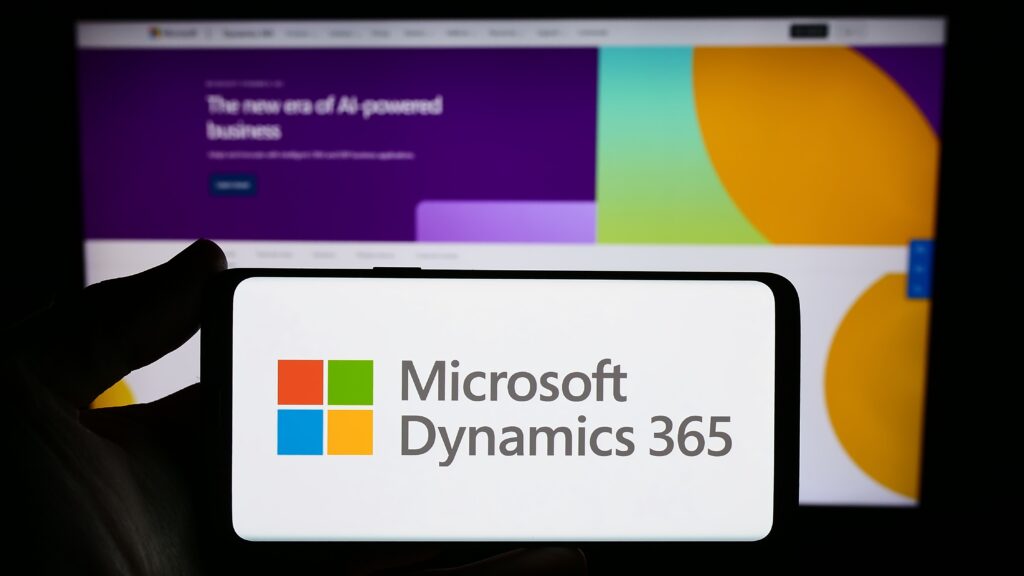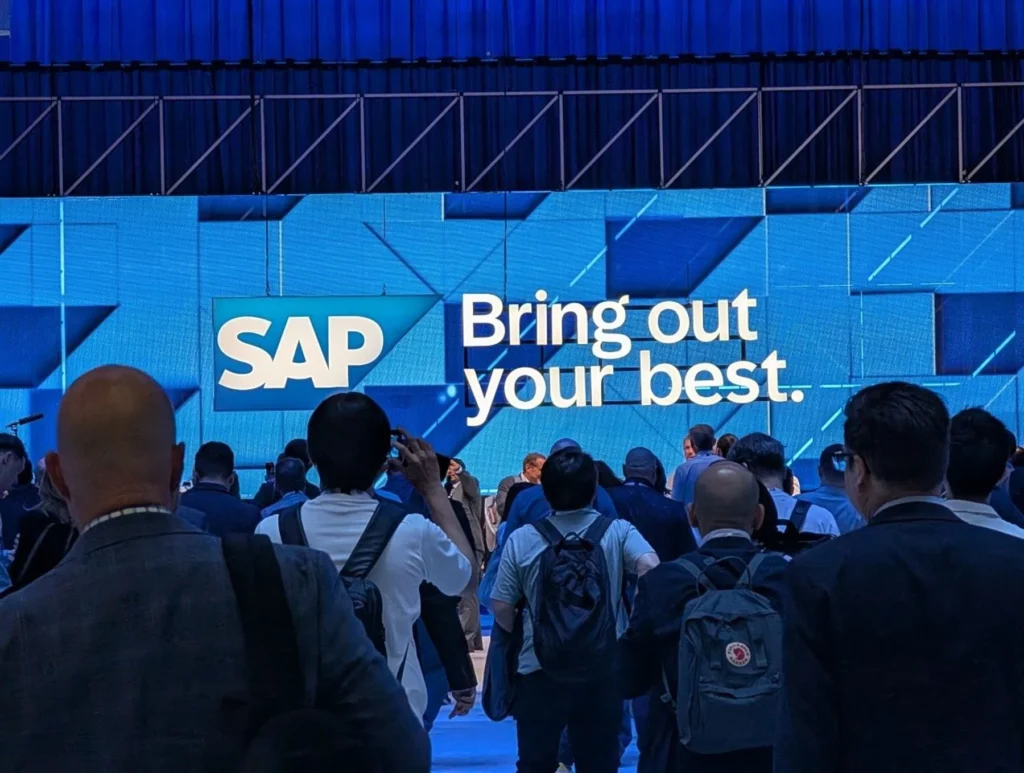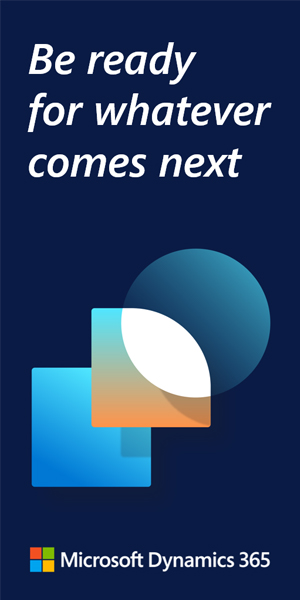 Enterprise resource planning (ERP) systems have always promised control, structure, and efficiency. But if you ask Georg Glantschnig, VP of Dynamics 365 AI ERP at Microsoft, that’s not enough anymore.
Enterprise resource planning (ERP) systems have always promised control, structure, and efficiency. But if you ask Georg Glantschnig, VP of Dynamics 365 AI ERP at Microsoft, that’s not enough anymore.
“Practicality is the new aspiration,” Glantschnig says. “ERP can no longer just support a business process. It needs to run it.”
At a glance, that might sound like yet another AI-era platitude. But under the surface, Microsoft is staking out a radically different ERP future—one powered by agentic AI, consumption-based economics, and a design philosophy that favors human adaptability over system rigidity.
In an insightful conversation with ERP Today’s Mark Vigoroso, Glantschnig outlines Microsoft’s roadmap for ERP of the future and the increasingly important role of AI in it. Listen in to learn more.






